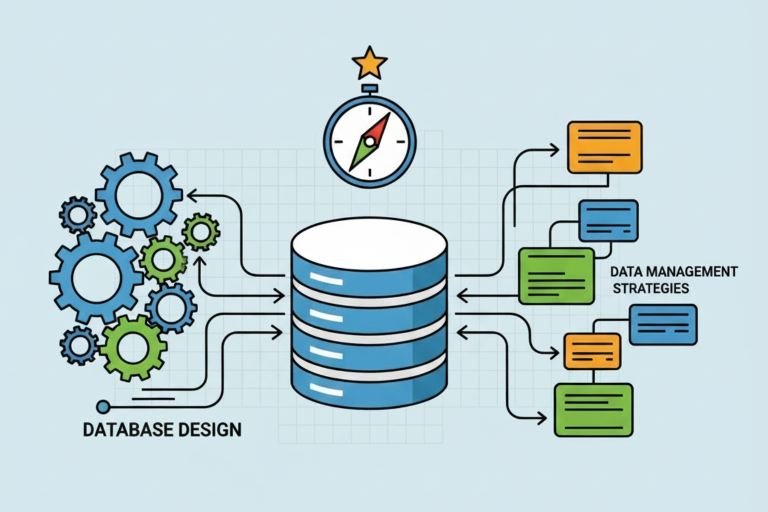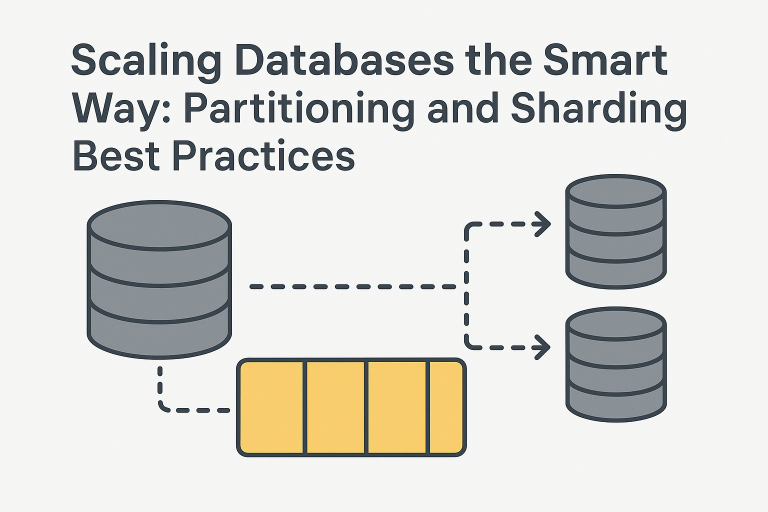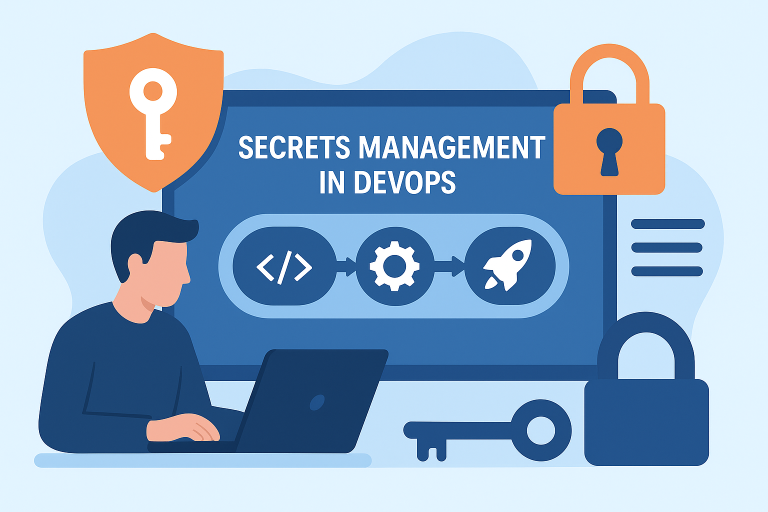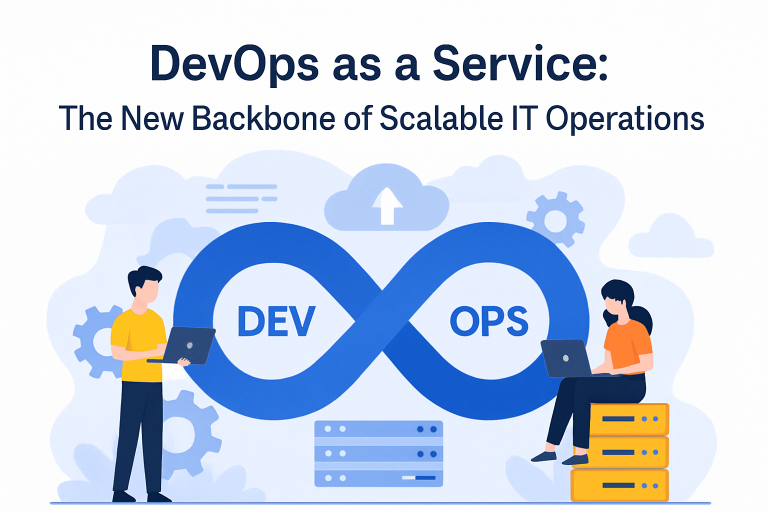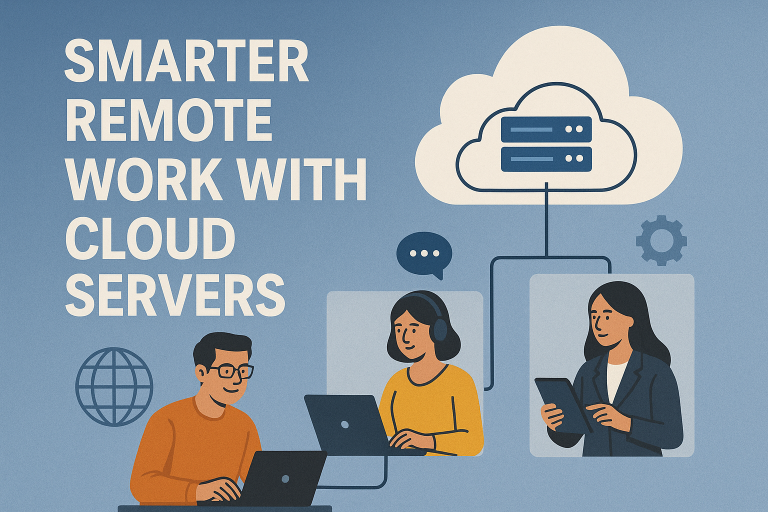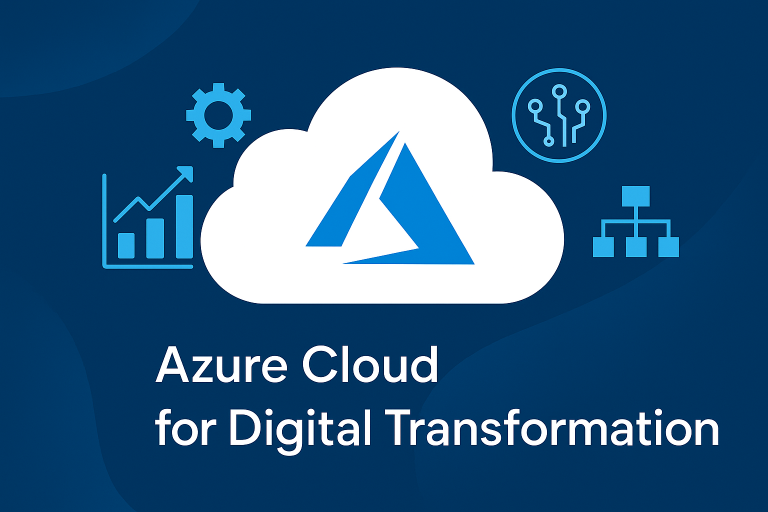
To continue growth, businesses must be flexible and willing to adapt new technologies to meet changing customer and employee expectations. But it is quite challenging to maintain sync with the fast pace of ever-changing technology. Most organizations don’t have efficient internal IT teams to keep systems updated and proactively handle security. Outsourcing IT Services can augment your in-house IT team, helping them align with the latest IT trends with Managed IT Services Providers.
The necessity for quality IT support services has never been so critical. Gartner analysts predict that worldwide IT services spending will grow 7.9% in 2023, exceeding $1.3 billion. This expansion includes investing in new cloud infrastructure and apps, as well as sustaining existing technology.
This expansion demonstrates the growing value of managed services. An appropriate Managed IT Services Provider (MSP) can ease the burden on organizations in 2023 as they expand. As you delve into 2023, several key IT trends are shaping the industry. This blog will help you to learn about six major trends that MSPs are expected to support to help businesses adapt, optimize, and thrive in the digital landscape.
Embracing Cloud Computing for Scalability and Flexibility
Cloud computing has become an indispensable part of modern business operations. For safe cloud migration and implementation, partnering with an MSP for support is essential. In 2023, managed services providers will continue to support organizations in their cloud adoption journey. They will help businesses migrate their infrastructure to the cloud, optimize workloads, and ensure secure and efficient cloud management.
With their expertise, MSPs will assist businesses in selecting the right cloud platforms tailored to their specific needs. Moreover, they will help organizations navigate the complexities of managing multi-cloud environments, ensuring seamless integration and interoperability between different cloud services. In addition, MSPs will provide ongoing support, monitor performance, manage backups, and address any technical issues that may arise. Ultimately, by partnering with MSPs, businesses can leverage the power of cloud computing to scale their operations rapidly and adapt to changing market demands.
Rise Of Hybrid and Remote Workplaces
Although remote and hybrid work offers certain advantages and disadvantages, more businesses are embracing the option for their workers.
Nearly two-thirds of high-revenue growth organizations, according to Accenture, permit hybrid work, in which team members work both inside and outside of the office. Your business must support employee productivity and cooperation regardless of where they work due to the rising demand for that choice. Additionally, you must modify your systems to shield them against cybersecurity threats.
MSPs help modernize work environments by aligning with key IT trends with Managed IT Services Providers, supporting hybrid work culture.
Implementing Low-Code Technology to Empower Employees
To meet the changing requirements, new tools are being developed to help you save time, increase productivity, reduce expenses, and enhance the customer experience. All of these technologies are built on low-code development, which enables nearly anyone to create and deliver apps without having a thorough understanding of coding.
They achieve this through rapid deployment, drag-and-drop capability, and prebuilt templates. According to the theory, the key idea is that anyone can develop a dashboard or an app to address an issue.
An MSP can assist you in identifying the cutting-edge tools and technologies—like low-code/no-code application development, AI-powered automation, or collaborative tools—most suitable for your requirements. Your technology partner also helps to incorporate those tools and technologies into your business.
Enhancing Cybersecurity Measures in the Face of Evolving Threats
As technology advances, so do cyber threats. Phishing, malware, ransomware, insider threats, etc., are common cybercrimes causing harm to your business. The escalation of remote and hybrid work has increased security gaps. A. managed services providers can be critical in fortifying organizations’ cybersecurity posture. In 2023, MSPs will help businesses implement robust security solutions, conduct risk assessments, and develop incident response plans. They will employ advanced threat intelligence, monitor networks for vulnerabilities, and provide timely security updates and patches. MSPs will also educate employees on cybersecurity best practices, ensuring a comprehensive approach to safeguarding sensitive data and protecting against emerging threats.
Facilitating Digital Transformation Initiatives
Digital transformation remains a key priority for businesses in 2023. Therefore, organizations yet to incorporate digitalization can make their journey smoother and more cost-efficient by outsourcing IT support services. In this context, MSPs will be instrumental in driving digital transformation initiatives for their clients. Specifically, they will help organizations streamline workflows, optimize processes, and implement modern technologies. Additionally, MSPs assist in selecting and integrating ERP systems, CRM tools, and other digital solutions. Consequently, they ensure smooth technology adoption, provide training and support, and guide businesses through the entire transformation journey.
Nurturing Data Analytics and Business Intelligence Capabilities
In the digital age, data is a valuable asset; therefore, MSPs are essential for helping organizations harness its full potential. Furthermore, in 2023, MSPs will provide vital support to businesses in implementing robust data management strategies. Specifically, they will assist in integrating advanced analytics platforms, enabling organizations to unlock valuable insights from their data.
MSPs will collaborate with businesses to develop customized dashboards and reports tailored to their specific needs and objectives. They will ensure data governance practices are in place, promoting data quality assurance and integrity. By leveraging data analytics and business intelligence tools, organizations can identify trends, patterns, and correlations, enabling data-driven decision-making. MSPs will guide businesses in optimizing their operations based on data-driven insights, fostering efficiency, productivity, and competitive advantage in the marketplace.
Conclusion
In 2023, managed IT services providers will be at the forefront of supporting businesses in navigating the rapidly evolving IT landscape. From cloud computing to cybersecurity, MSPs are vital for helping companies adapt and thrive through digital transformation and data analytics. By partnering with MSPs, businesses can leverage their expertise, stay ahead of the latest IT trends with Managed IT Services Providers, and unlock valuable insights from their data. MSPs serve as invaluable allies, enabling organizations to focus on their core objectives while confidently embracing the IT trends that will shape the future of their industries.
